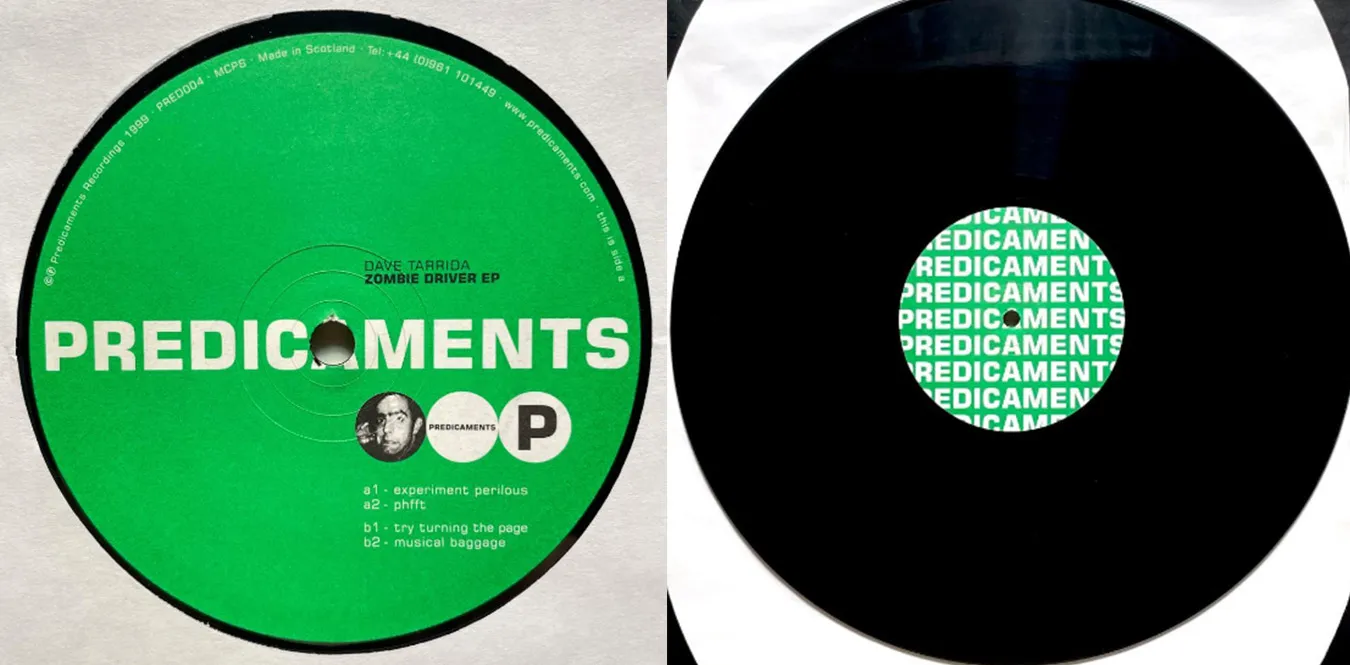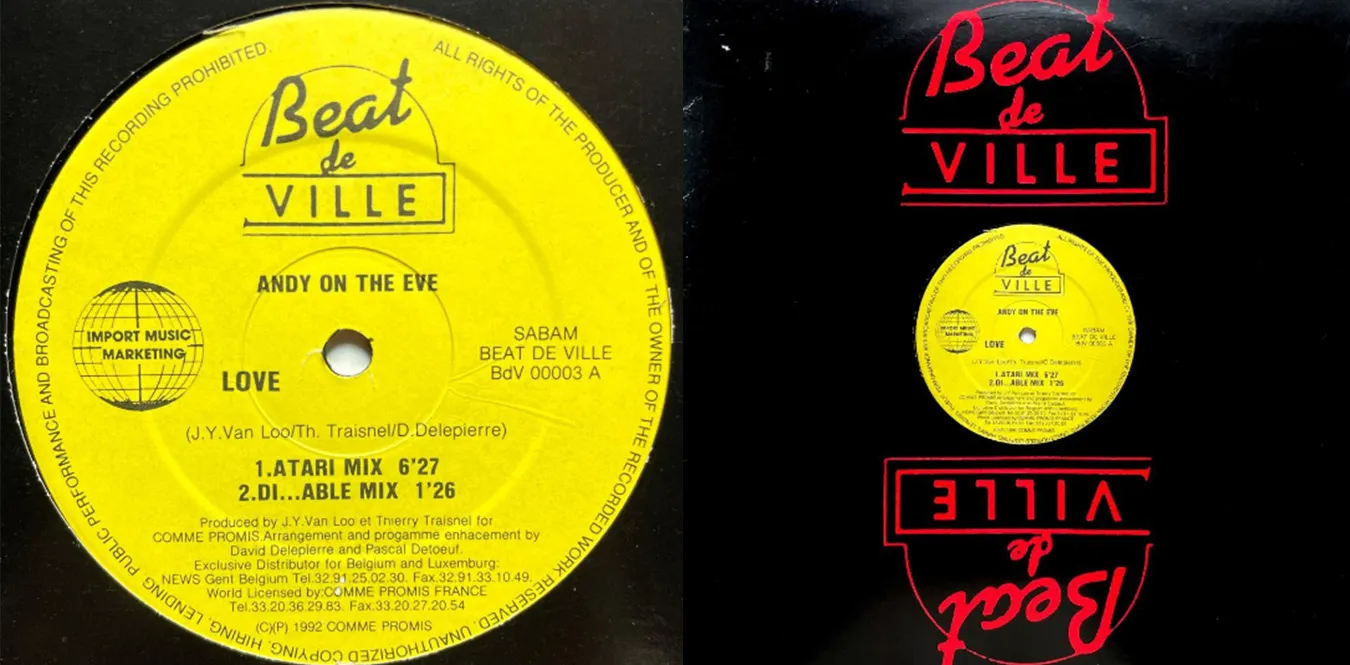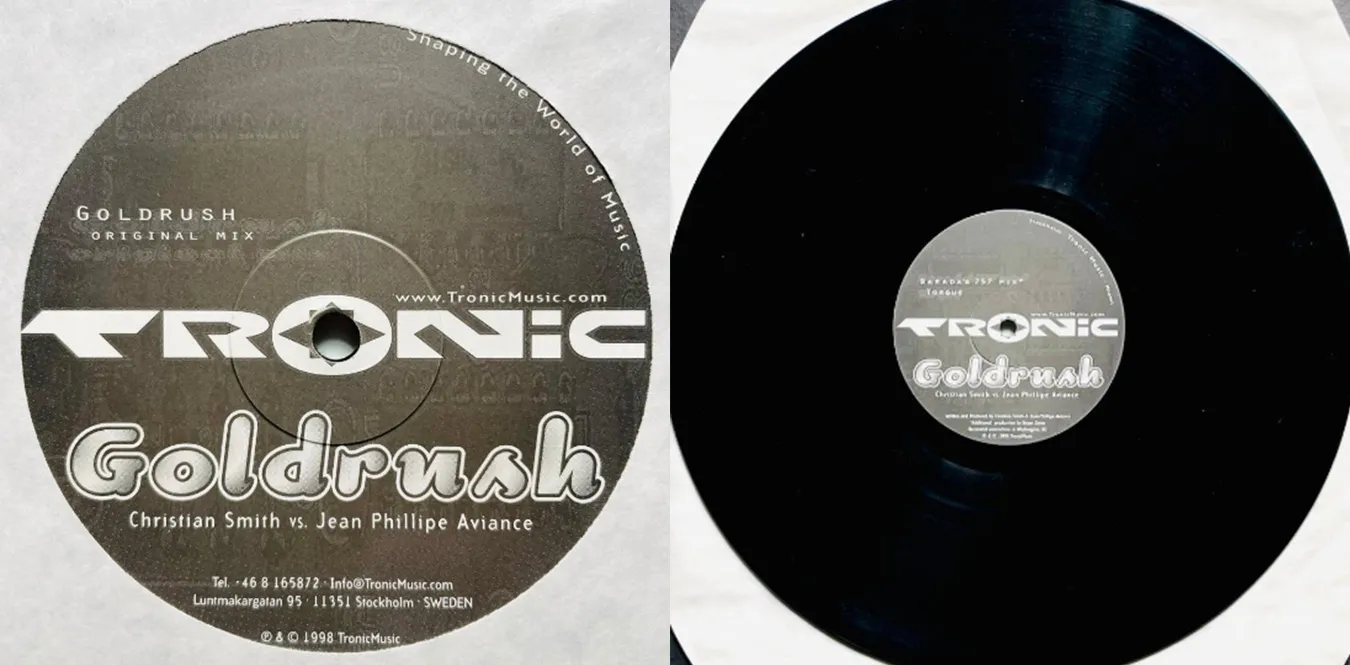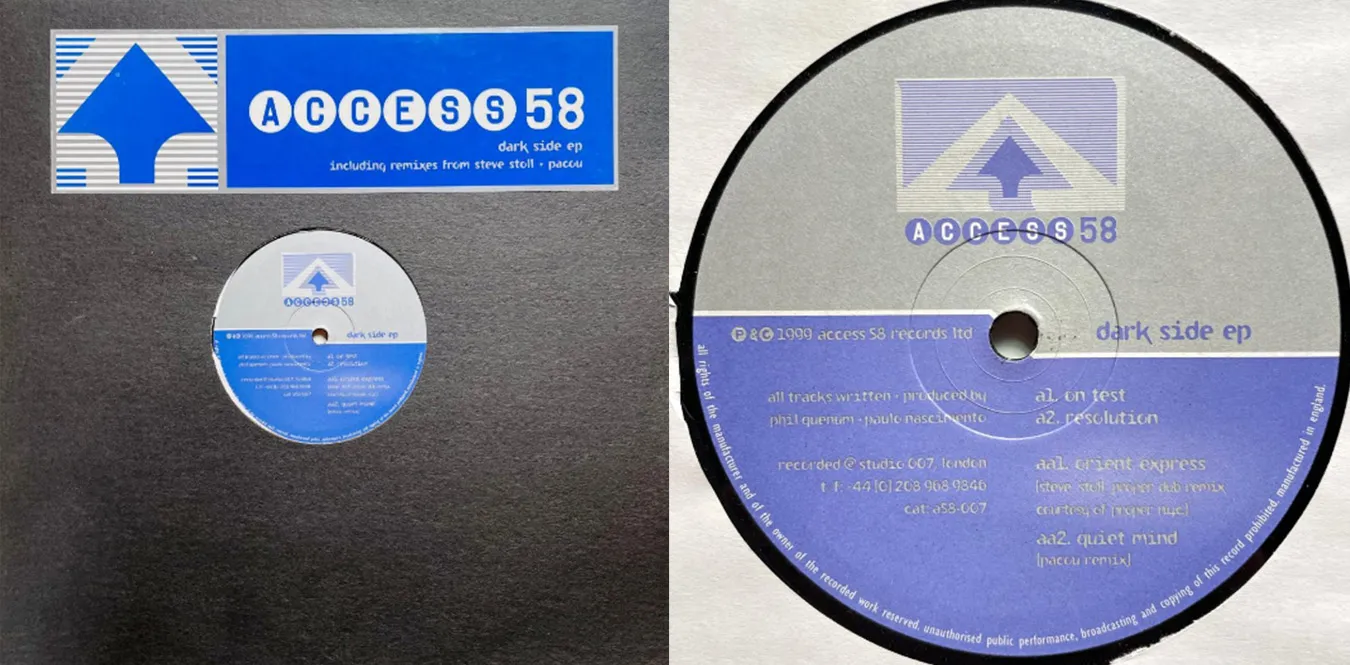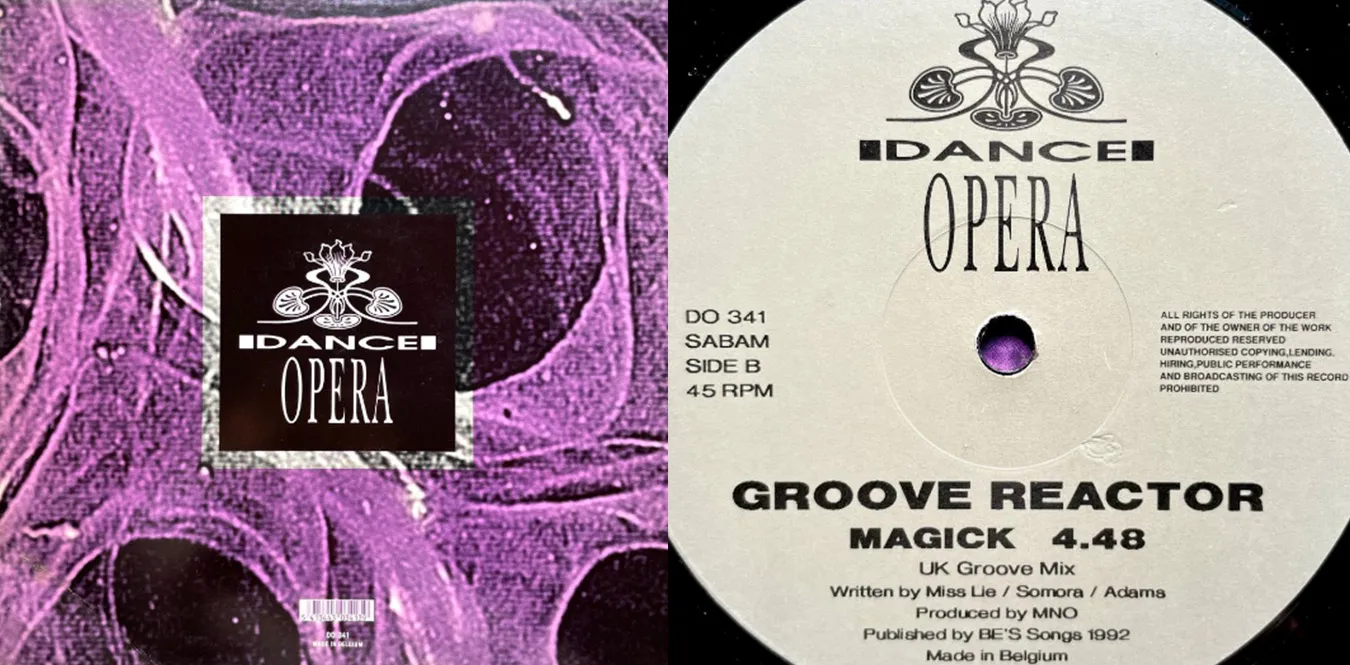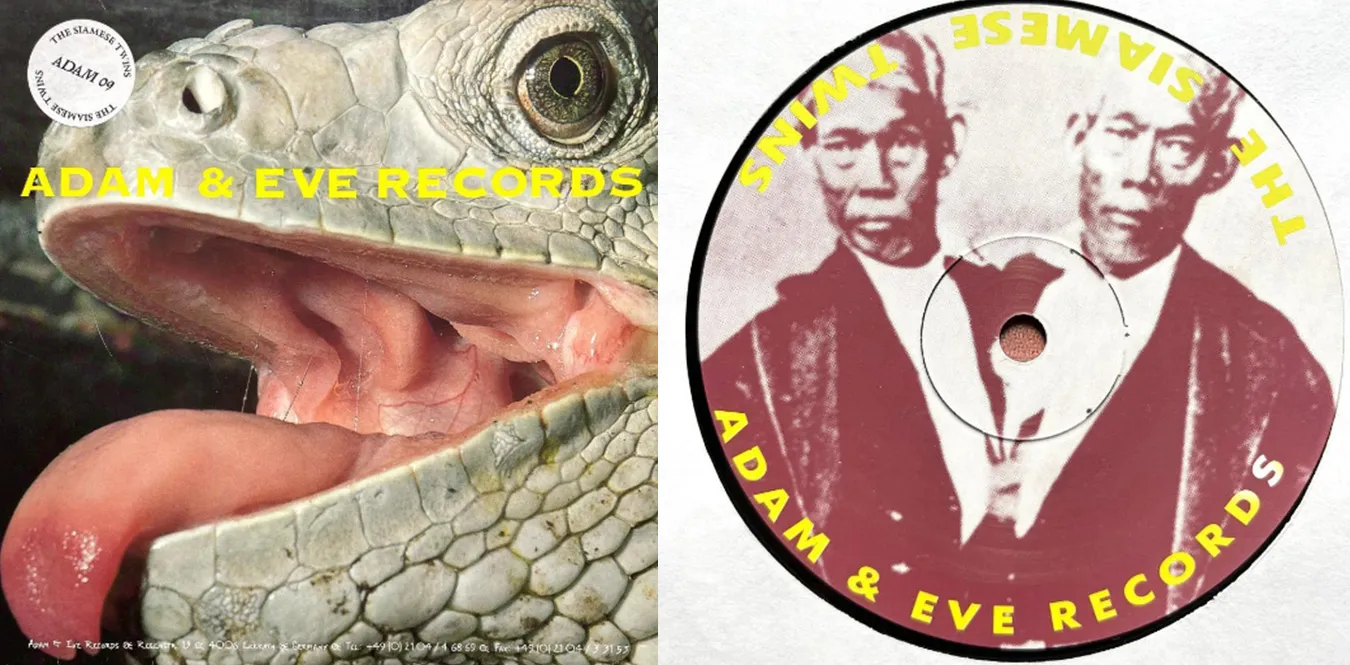[Column] Tresor - The techno mecca that changed the world from underground in Berlin
Column en 90s German Techno Techno![[Column] Tresor - The techno mecca that changed the world from underground in Berlin](/../assets/images/column-tresor.webp)
An indispensable presence when talking about Berlin’s club culture and the European techno scene – Tresor
Text: mmr|Theme: Berlin club culture and the European techno scene
What is Tresor?
Tresor (meaning ““safe”’ in German) is a club that was founded in Berlin, Germany in 1991, and is a center of techno culture that also hosts a label of the same name. Amidst the chaos that followed the end of the Cold War, it served as the most important center for connecting Detroit techno and Berlin”s underground culture, and continues to maintain its international influence to this day.
Background of its birth: Berlin and the post-Cold War vacuum
In 1989, the Berlin Wall fell. Spaces that were once controlled by the state have turned into ““lawless zones’’ and become testing grounds for underground youth culture.
Abandoned buildings, disused factories, and underground spaces have been turned into clubs.
Western and Eastern cultures fused, and dance music, a symbol of freedom, resonated. Among them, Tresor opened in a renovated vault of a former department store. The deep bass sound emanating from behind the closed iron door symbolized the beginning of a new era.
Musical Significance: The Bridge Between Detroit and Berlin
Tresor, in particular, served as a springboard for Detroit techno’s expansion into Europe.
Juan Atkins, Derrick May, Kevin Saunderson are the founders of Detroit, known as the “Belleville Three.”
Jeff Mills, Blake Baxter, Underground Resistance and others are active in Berlin and play at Tresor. As a result, the futuristic and political techno born in the United States was linked with European club culture, creating the foundation for a ““global techno network.’’
Label “Tresor Records”
Established in 1991 as an attached club, Tresor Records functions as an important techno label.
Jeff Mills – Waveform Transmission Series
He has released many works that symbolize the fusion of Detroit and Berlin. In particular, their minimal and hard sound formed the ““skeleton of European techno’’ in the 1990s.
Tresor symbolism and cultural influence
Fusion of industrial ruins and music
Tresor is a symbol of “urban ruin reuse culture.” It became the origin of an aesthetic that has been inherited throughout the Berlin club scene.
24 hour club culture
In Berlin, where regulations were lax, a space was created where people could continue dancing morning, noon, and night. His style is still the subject of worldwide envy.
Techno = urban identity
The influence of Tresor is behind the city of Berlin officially recognizing club culture as a city brand.
Relocation and current situation
In 2005, the original location closed, but in 2007 it moved to a former power plant in East Berlin.
The huge, inorganic industrial space is more in line with the techno worldview.
Today, DJs from all over the world perform there, and it continues to serve as a pilgrimage site.
Comparison of Tresor with other clubs
Berghain: An icon from the 2000s that also inherited the ruin culture.
E-Werk, WMF: Both names were listed in the 90s, but Tresor has had the most lasting influence over the long term.
→ Tresor is often spoken of as the “founder” and Berghain as the “successor.”
Tresor’s legacy
-
International network connecting Detroit and Berlin
-
The cultural value of “techno = future image of the city”
-
Historical masterpieces through labels
-
Aesthetics of “placeness” that reuses ruins
-
The basis for Berlin being called the “Techno Capital of the World”
Must-listen to experience Tresor (10 recommended selections)
Elevating the music of techno from a “temporary fad” to a “universal culture”
More than just a club or a label, Tresor is a ““cultural crossroads”’ that connects Berlin”s history, post-Cold War urban space, and the future of black music in Detroit. The sounds released from that vault still reverberate in club culture around the world, elevating the music of techno from a ““transient fad” to ““universal culture.”
YouTube Podcast
*This podcast is in English, but you can watch it with automatic subtitles and translation.
Related columns
🔗 [Column] Detroit Techno: Human dance created by the heartbeat of machines

.webp)

